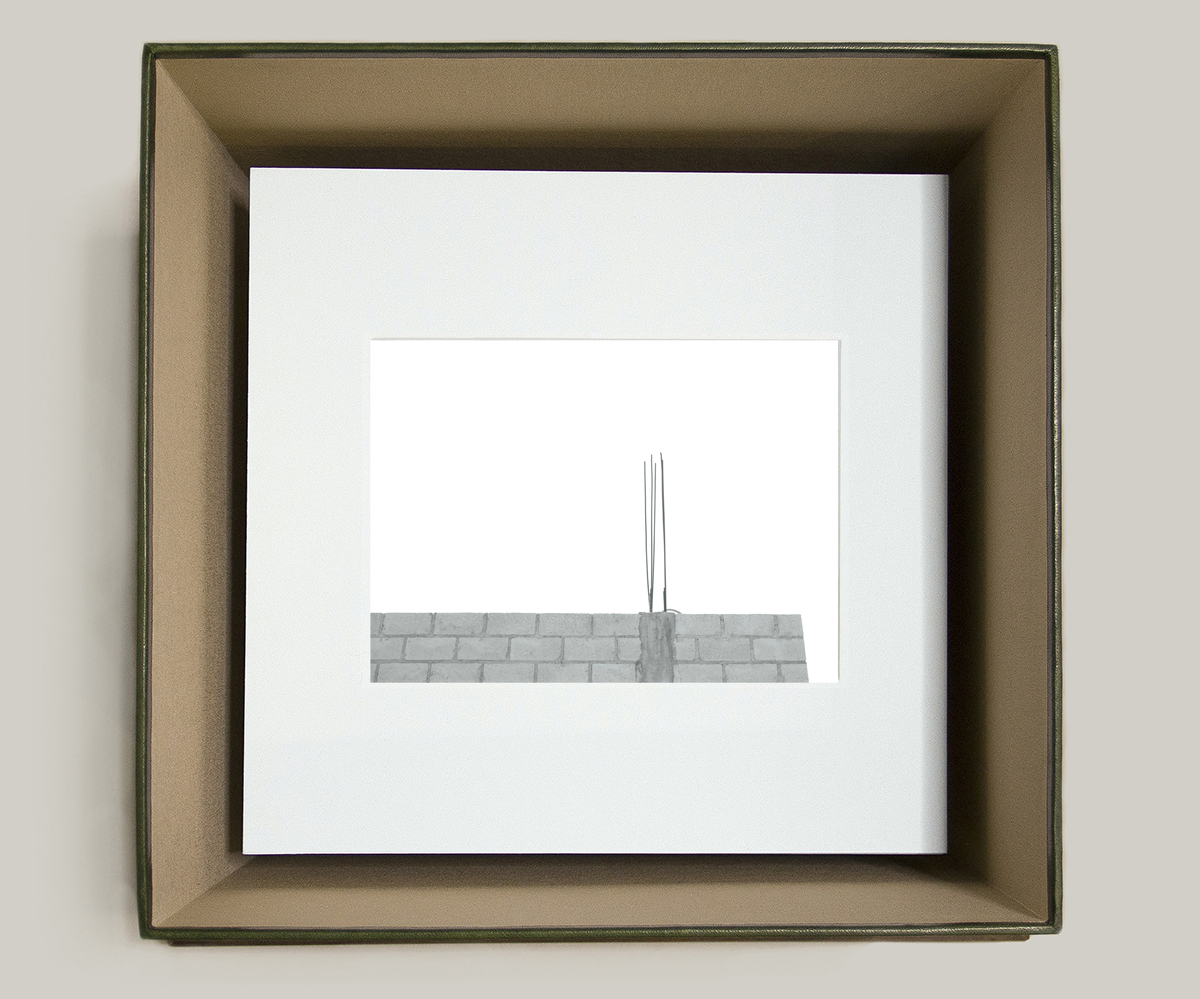Each people has a dialogue with an invisible speaker who is, simultaneously, itself and the other, its double. Its double? Which one is the original and which one is the phantom? Octavio Paz, Critique of the Pyramid
What to do when the promise of economic growth means putting a price on a good that we consider priceless, such as the principles of agreement between citizens, culture and civic rights?
Michael J. Sandel
I
National Archive: Mexico 2021, Commemorative Event, places the historical valuation of a photographic heritage proposed for legal acquisition, as part of the national values in this civic year. The archive, produced from 2016 through 2021, is the register of auratic spaces of progress and permanence of the national State that revived with the Bicentennial in 2010; unfolding the persistent displacement of cultural goods and territories in favor of grand nationalist projects; causing dissidence within the State-community conforming the rights of truth and memory; evidence, information and authenticity for the society decreed through federal archive laws. The complexity of a Nation is made up by dual phenomena, its modernity is built up from the top, but it may only be understood from the bottom (Eric J. Hobsbawm, 1990); therefore, a question arises: in a country like Mexico, who should determine the value of the past? The State or its communities?
This laudatory year reminds us of the 700 years of the foundation of Tenochtitlan, 500 years of the encounter between two cultures, and 200 years of the Independence; how to categorize the identity-heritage relationship of a Nation continually divided between two civilizing models: a deep Mexico (the native one); and an imaginary Mexico (the western one) imposing their economic rationality, each one disowning the other? (Guillermo Bonfil, 1987) Civic commemorations promote large capital investments mediated through public policies and significant time periods which are never neutral, as well as by large global projects. That is the case of luxurious monuments that generate state and federal debt and, on the other part, deprive forgotten peripheral areas from the historical discourse operating as unfinished monuments of the national heritage. A second question arises: what are the implications of overvaluing the identity of the past facing the impoverishment of the economic relations and civic rights of the present?
The insertion of the archive within the national values as an invaluable good would legitimate the canonical revolt of the State, simultaneous to the omission of its communities, and would add a single cult and financial value to the unequal State-community relationship¸ allowing to critically (un)categorize our totemic notions of national heritage; avoiding to colonize their sight from a single power or subjection position; opening the way to valuing other truth hierarchies. This liturgical act reminds us of the funding of the Centennial, Bicentennial and current ephemerides; but investment does not lie on valuing the past, but valuing the invention of the past that has been built on the present (two different pasts); with which we could critically study if a national monument should be more valuable than any wall of a town anywhere in the country.
II
Through the Academic Society of the National Mexican Archive 2021 created to study from a multidisciplinary point of view the functionality and (in)functionality of the archive within the civic-economic framework of the country, we aim at analyzing from which perspective would the value of a national archive be emphasized, pursuing more democracy in the present: territory, temporality, legality, discourse? How to build the historical heritage influences national consciousness from regional and national values to the original and the double, the valuable and the insignificant? Could transforming mercantilization of the past change the economic relations and civic rights of present Mexico? How could we rethink the history of the country from the privilege of the State on images, data and information? How to legitimate the value of commercial cult of a heritage archive without limiting its truth hierarchies? Should the identity of the past be more valuable than the current identity? How should the values of a Nation be debated fairly among citizens?
A commission of historians summoned by the Academic Society made an inventory on the National Archive: Mexico 2021, determining its cult value. The report will be attached to the archive and be kept under confidential conditions, thus reinforcing the ritual value of the archive, which demands that the work of art be kept hidden, and that its importance may lie on its existence, more than being seen (Walter Benjamin). The reserved negotiation schemes under which the National Archive operates reflect on the invaluable power granted to national documents upon consolidation of a point of view of historical facts. Therefore, a fundamental question arises: what are the bases for the true value of the past?
Dating of the National Archive: Mexico 2021 as a commemorative event in this public year keeps uncertainty about how the negotiation will be fulfilled, and if it will be capable to transform our models regarding heritage and civic discourse. If the legal-institutional rules of the Nation prevent the archive from becoming heritage, such would be suspended within a historiographic process, becoming an infinite open time capsule, cataloguing and producing new stories and contradictions on the construction of identity and the national heritage.
Humberto Ríos Academic Society of the National Mexican Archive 2021
1 Federal Archive Law. Law enacted in 2018 by president Enrique Peña Nieto. http://www.diputados.gob.mx/LeyesBiblio/pdf/LGA_150618. Website checked on December 15, 2020. Federal Archive Law. Law enacted in 2012 by president Felipe Calderón Hinojosa. https://sre.gob.mx/images/stories/doctransparencia/transparencia/lfa. Website checked on January 20, 2021. Guidelines for the National Archive of the Nation, issued by Carlos Enrique Ruiz Abreu, its General Director. http://www.dof.gob.mx/2020/AGN/Lineamientos_Tramite_Destino_Final_de_Documentos_APF Website checked on January 10, 2021
2 The current government has used these historical concepts to promote the year 2021 as a commemorative celebration of national relevance; however, academics and historians do not agree with some of the dates proposed.
3 Public Policy of Culture, Bolfy Cottom (coordinator), El colegio Nacional, 2019. Researcher Iván Franco, in his book Who Profit From Cultural Heritage in Mexico?, Edición UnasLetras, 2011; made a description of manipulation and destruction of national heritage due to the so-called Transnational State.








